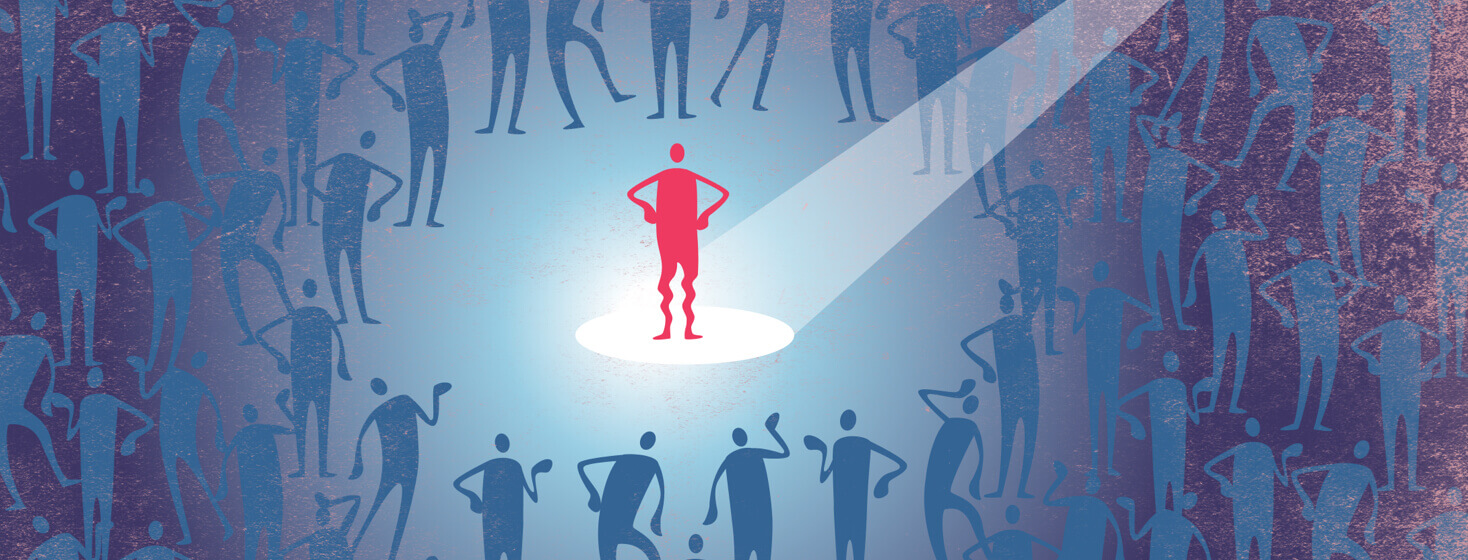The Stigma of RLS
Stigma is a nasty word. According to the Cambridge Dictionary, it means, "a strong feeling of disapproval that most people in a society have about something, especially when this is unfair."1
Nobody wants to feel the sharp whip of disapproval. It diminishes and shames an experience.
Restless legs syndrome (RLS) is a neurological condition that causes unpleasant sensations, most commonly in the legs, accompanied by an urgent and irrepressible need to move. A lot.
It always saddens me when health conditions are stigmatised, and RLS is no exception.
Controlling RLS is not a conscious decision
There is a misconception that RLS is just a benign irritation, like a little itch you can’t scratch. And that with just a little bit of willpower and concentration, those distressing sensations and that incessant jiggling can be controlled. Better still – eliminated.
It is, quite simply, not true. I can’t control RLS any more than I can catch my breath when I’m having an asthma attack. The nerve pain that runs down my legs is not a conscious decision. I have had people – very politely – ask me to stop moving so much. And I am nearly always surprised by this, because I didn’t realise I was moving in the first place.
Hoping those around me are unaware of my symptoms
My movements with RLS happen in 1 of 2 ways. There’s the constant – constant, constant, constant – need for me to sit and move my legs. Like a teabag being vigorously dangled in a mug of boiling water, I jiggle away.
But there is also the slow unfolding that takes place when I’m consciously trying to keep still. If I’m at the cinema or sitting on an airplane, the sensations ride down from my lower back to my ankle, and I find myself slowly and surreptitiously trying to stretch out all the muscles, inch by aching inch — slowly stretching and pressing down, desperately hoping that my neighbour is unaware.
What we need most is acceptance and a listening ear
I think stigma abounds when there is a perception that a behaviour is a choice. I have gone through some pretty significant mental illness, and there is a lot of associated stigma. The assumption that I would choose to be depressed or anxious or manic is, quite frankly, astonishing. Who would choose to be miserable? And, like most health conditions – mental or otherwise – we tend to become experts in our own conditions. If depression could be cured with a brisk walk and a gratitude list, there would be no depressed people.
The same is true for RLS. Most of us are well-versed in good sleep hygiene principles and aware of the negative impact that caffeine and alcohol can have. When diagnosed with something, those kinds of Google searches are the first thing we do. While continuing education is obviously a critical aspect of any health condition, mostly what we need from friends, family, and colleagues is acceptance and a listening ear.
Creating a more empathetic world
Empathy is defined as "the ability to share someone else’s feelings or experiences by imagining what it would be like to be in that person’s situation."2
What a lovely world we would live in if everyone could imagine living in someone else’s shoes — even the wriggly, jiggly, tap-tap-tapping shoes belonging to those of us who suffer with RLS.
Where stigma creates shame and silence, empathy brings openness and caring, creating an environment where suffering can be expressed without judgment.

Join the conversation